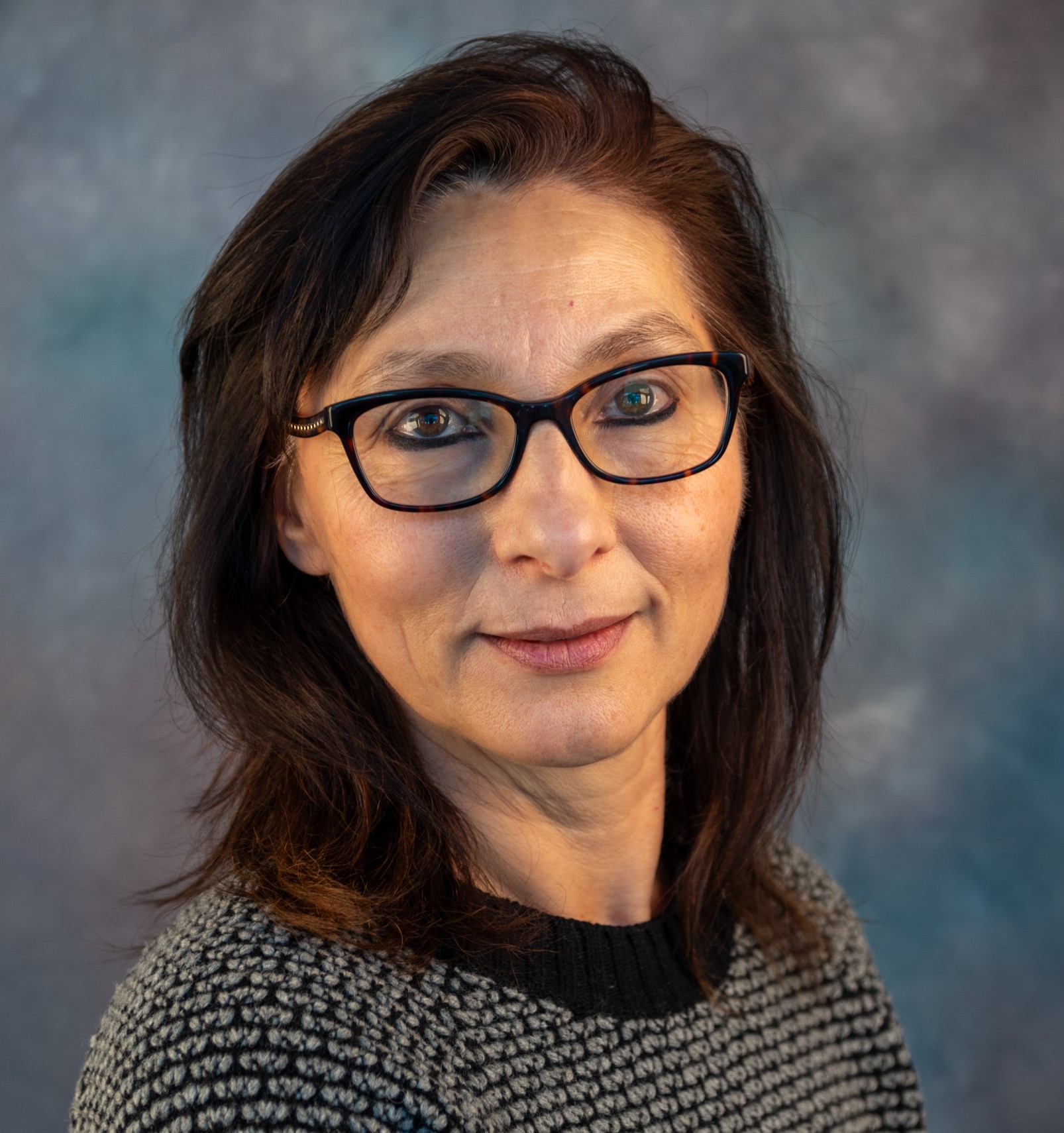The capacity of the adaptive immune system to mount an efficacious response against any pathogen depends on the development of a wide repertoire of B cell specificities encoded by immunoglobulin (Ig) heavy and light chains. Because Ig genes are produced via random gene rearrangement events during B cell development in the bone marrow tissue, this process generates B cells that express self-reactive (autoreactive) specificities as well B cell that express antibodies for foreign antigens. Interestingly, the majority of B cells that we make every day express self-reactive antibodies. However, half of these cells, those with stronger binding to self-antigens, undergo a process of tolerance in the bone marrow tissue (i.e., central B cell tolerance) that prevents them to exit the marrow unless they have changed the antibody they express to one less able to bind self-antigens. This process is defective in many autoimmune patients, as shown by a higher frequency of newly made self-reactive B cells in their blood. Our lab aims to resolve the molecular pathways that guide the selection of autoreactive and non-autoreactive bone marrow B cells with the goal of elucidating which of these pathways are defective in autoimmune patients and how they can be targeted to reduce the daily production of autoreactive B cells.
Our studies are performed with genetically engineered mice that allow us to distinguish autoreactive and non-autoreactive B cells. We breed these mouse strains to other mutant mice that allow probing different genetic and signaling pathways. Through these studies we are developing a comprehensive model of central B cell tolerance that we can also test in humans and in the context of autoimmunity.
To study tolerance in human B cells, we use human immune system humanized mice. These humanized mice are generated by transplanting human hematopoietic stem cells from umbilical cord blood into immunodeficient mice. We have developed transgenic humanized mice in which we can study the selection of human autoreactive and non-autoreactive B cells.
Additional studies in human B cells are done by recruiting patients with specific conditions or treatments that alter the molecular pathways we have uncovered in mice.
Furthermore, we aim to test whether these pathways are defectives in autoimmune diseases, and whether their genetic or pharmacologic manipulation reinforces or weakens central B cell tolerance.
Dr. Pelanda lab focuses on understanding the biochemical and genetic events that regulate the formation of the primary B cell repertoire to ensure that this is largely devoid of self-reactive B cell clones. In particular, we are interested in elucidating which of these mechanisms go awry in autoimmunity leading to the bone marrow export of large numbers of self-reactive B cells in autoimmune patients, and to uncover novel targets for clinical intervention that can prevent the development of autoimmune diseases. As a faculty and mentor, Dr. Pelanda strives to be respectful of diversity and to offer a lab environment whereby individuals of diverse backgrounds feel included. Within the last 5 years, Dr. Pelanda has completed University training to overcome unconscious bias in the workplace, to prevent discrimination and sexual misconduct, and to achieve inclusive recruitment and hiring.

